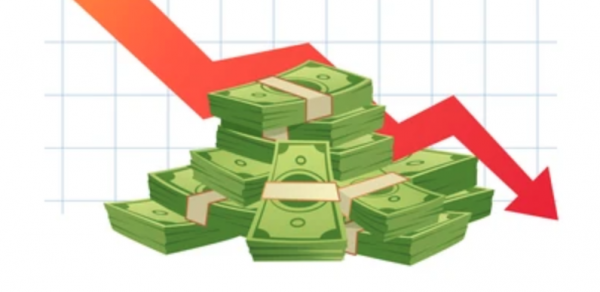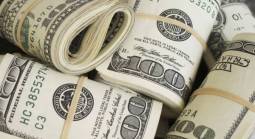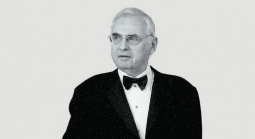When Will U.S. Legal Sportsbooks Stop Posting Losses?
The legal sportsbook market in the U.S. in many ways is mimicking the airline industry.
For the past couple of decades, it was indeed rare for the U.S. airline industry as a whole to post a profit. Southwest was one of the few that did.
Over that stretch of time, passengers actually got meals, somewhat comfy seats and - imagine this - you could often get three seats to yourself. No seatmates was an actual thing back in the day.
Back in 1991, ten years prior to United Flight 93 crashing into the World Trade Center on 9/11, I was running the food and beverage out of United's Red Carpet Club in Newark Airport. I would get the daily printout of the passenger load, primarily to make sure we were stocked up enough at our United gate concession. At the time, I believe they used a Boeing 767 with more than 200 seats. We could always rely on at least 150 flying to San Francisco on weekday mornings. Yet that flight was rarely at greater than 75% capacity. And like I said, that was typically our fullest flight of the AM hours flying out of the United gate.
That's a lot of empty seats, even for what was United's best flight of the morning. It's understandable why that airline rarely turned a profit.
It was even more common to have USAir flights capable of seating 120 to 150 flying with 60 or fewer passengers.
United Airlines would ultimately file for Chapter 11 bankruptcy in 2002. It was to be the largest airline bankruptcy in US history. USAir would file two in a three year span. But these U.S. airlines were hardly alone.
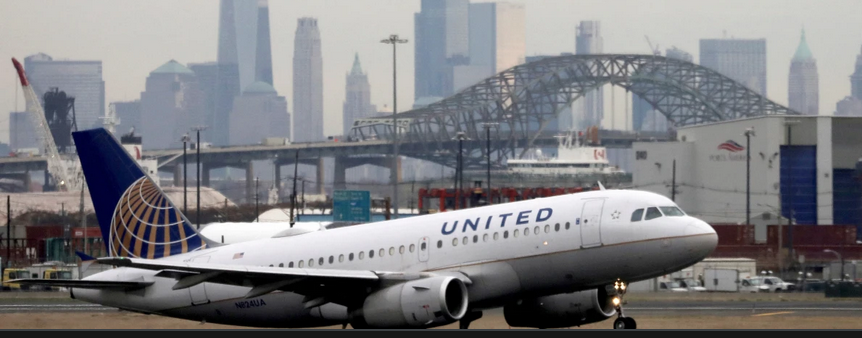
With today's airline industry, it's almost unfathomable to consider the idea that a United (now merged with Continental) or any of the dozen plus carriers still flying today would not be turning a profit. After all, they fill every seat, they cut back on food and now airlines even charge for the first bag. Granted, its mostly cheaper to fly than it was back in 1991, assuming you live in a "hub" or well traveled city.
But this brings us to the legal U.S. sports betting industry.
Experts have suggested there is not a single profitable sportsbook operating in this landscape. FanDuel and DraftKings for certain are not profitable companies.
The products, for the most part, are pretty good....as long as you are not winning.
But guess what? At some point these companies are going to have to realize a profit to survive. In order to do so, we are almost guaranteed to see less favorable lines, reduced bonuses and much lower limits.
Of course, offshore sportsbooks continue to demonstrate they can provide an excellent product with generous bonuses, aggressive competitive lines and limits while staying profitable.
It helps that offshore sportsbooks typically don't have to answer to shareholders. Most have been around for 20 plus years at this point, thus they no longer need to please any early investors either.
It goes without saying, they are less restrictive. The only restrictions come from the banking sector courtesy of the Unlawful Internet Gaming Enforcement Act (UIGEA). Digital currencies like Bitcoin mostly cut down on the high processing fees that followed UIGEA's passage.
Jake Pollard of CDC Gaming Reports points out that analysts and investors will be looking for signs of progress on when companies like FanDuel and DraftKings will reach profitability. That day is coming now. The height of the second quarter and half-year results season is fast approaching, Pollard explains.
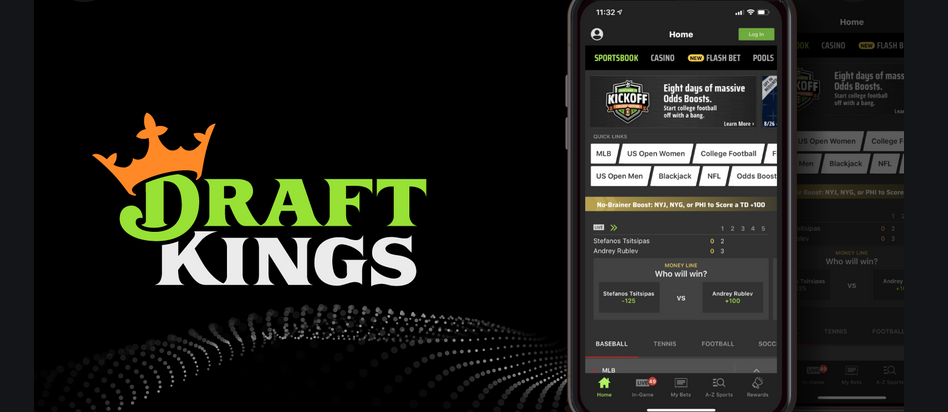
Most of them have earmarked late 2023 as to when they expect to be profitable, but even that self-imposed deadline might be pushed back for a number of them.
This is not an unexpected state of affairs. But, much like the current summer temperatures, the financial pressures operators will face will continue to rise as the macroeconomic issues brought on by the pandemic, cost of living crisis and the war in Ukraine exert ever greater pressure.
Gambling has often been described as "recession proof". It's not. There is a reason Vegas has expanded into the convention sector and now bills itself as "family friendly".
During the 2001 recession, the gaming revenues within the United States increased even as economic activity in the other industries decreased (AGA, 2008). However, casinos in all markets did not fare as well during the latest recession (2007/2010).
Pollard warns:
The stresses that are likely to be exerted on operators from shareholders and investors could reach peak intensity over the course of the next six months as the pandemic-cost of living-Ukraine war trifecta peaks between now and the end of the year, making finance harder and more expensive to access, while consumers cut back or become much more cautious about their discretionary spend.
To these macro factors can also be added the fact that the major marketing costs required of online operators have not been recouped in the form of wagering volumes that drive them to profitability.
What does this all mean?
It is anticipated that companies like DraftKings and FanDuel will need to come begging for more money, though they probably won't admit it.
DraftKings posted losses of $1.5bn in 2021, and in March it said it had cash reserves of around $2bn.
One positive for just about everybody in the USA and Canada: Fewer sportsbook commercials.
And Pollard correctly points out that, without that type of gorilla marketing, market share will not follow.
Eilers & Krejcik has already shown that DarftKings’ OSB market share in NJ during the month of June was just 9%, marking a fourth straight month of decline.
Pollard's piece also focuses on the short-sightedness of these companies.
Industry veteran Bob Goodoien agreed with Pollard's assessment.
"Watch for smaller operators to gain market share against the big guys in the interim".
Spot on indeed.
- Chris Costigan, Gambling911.com Publisher









